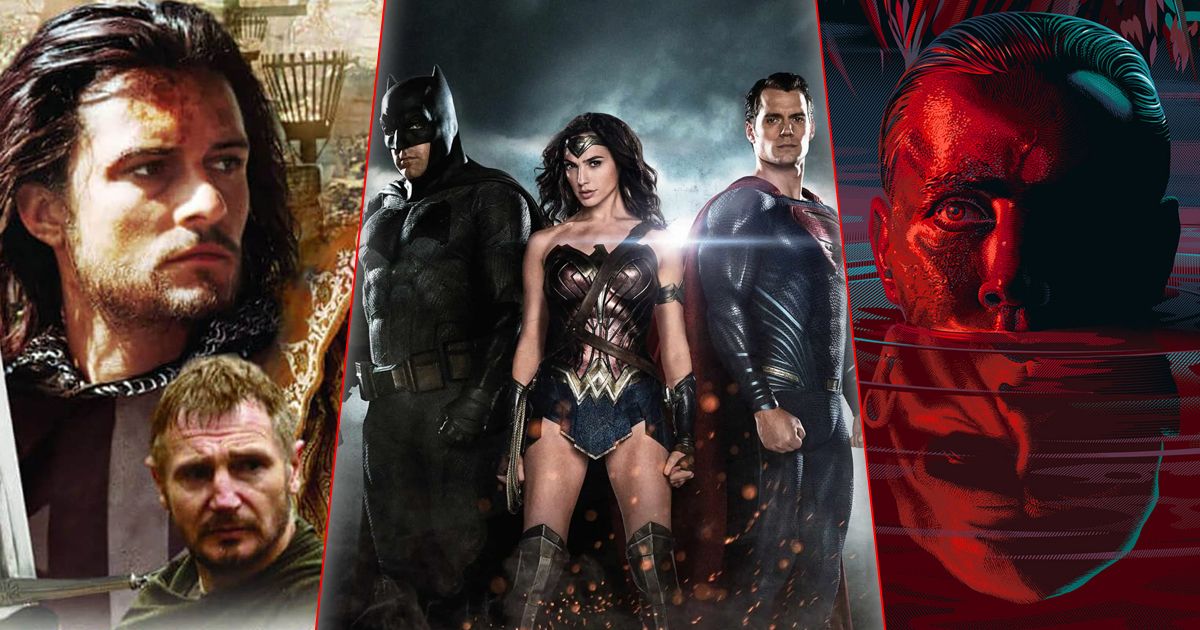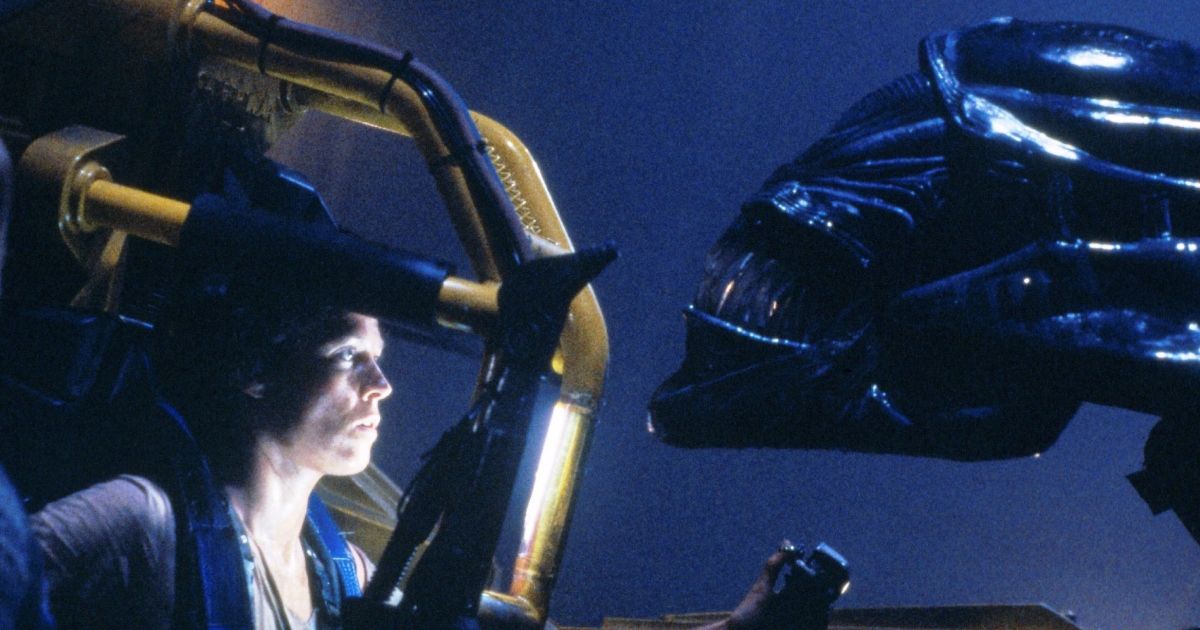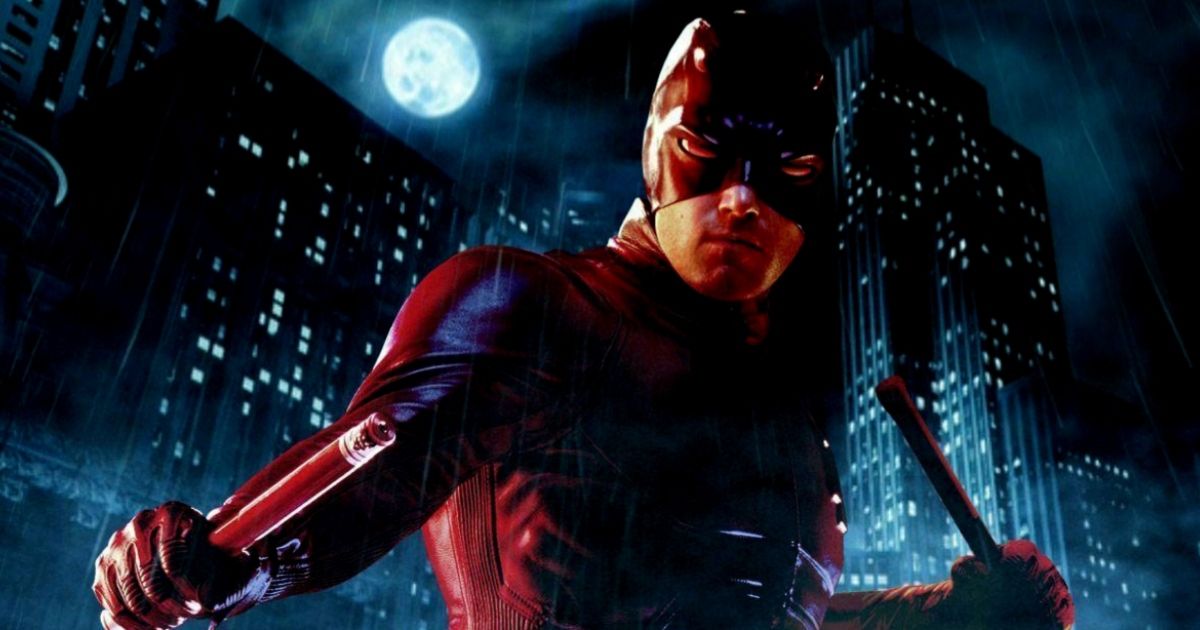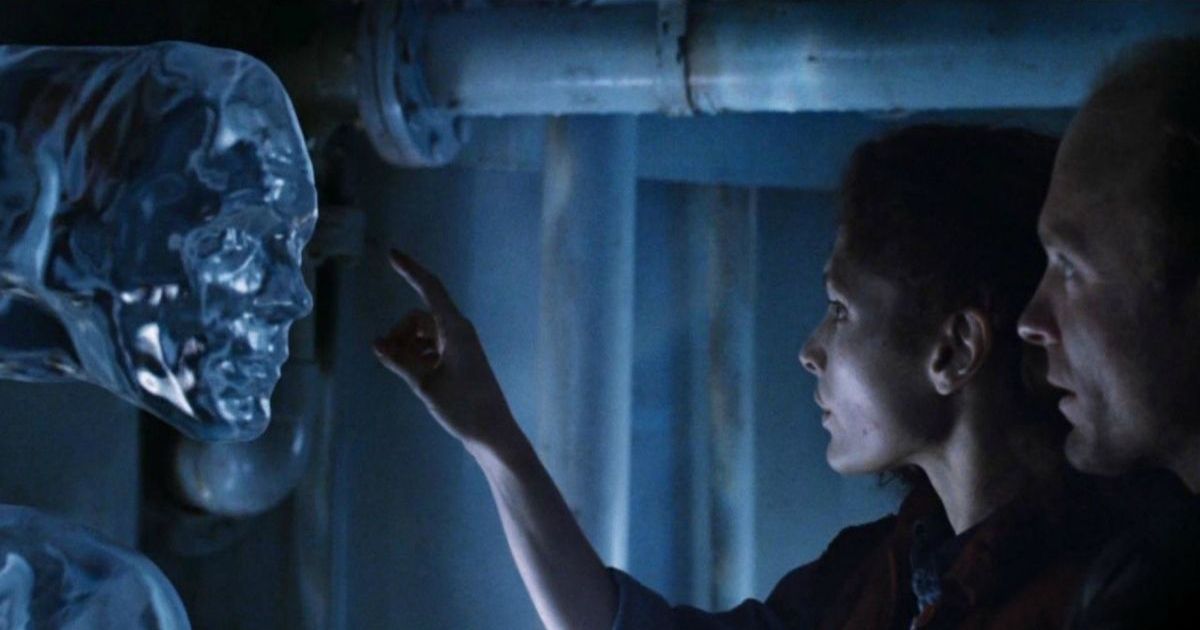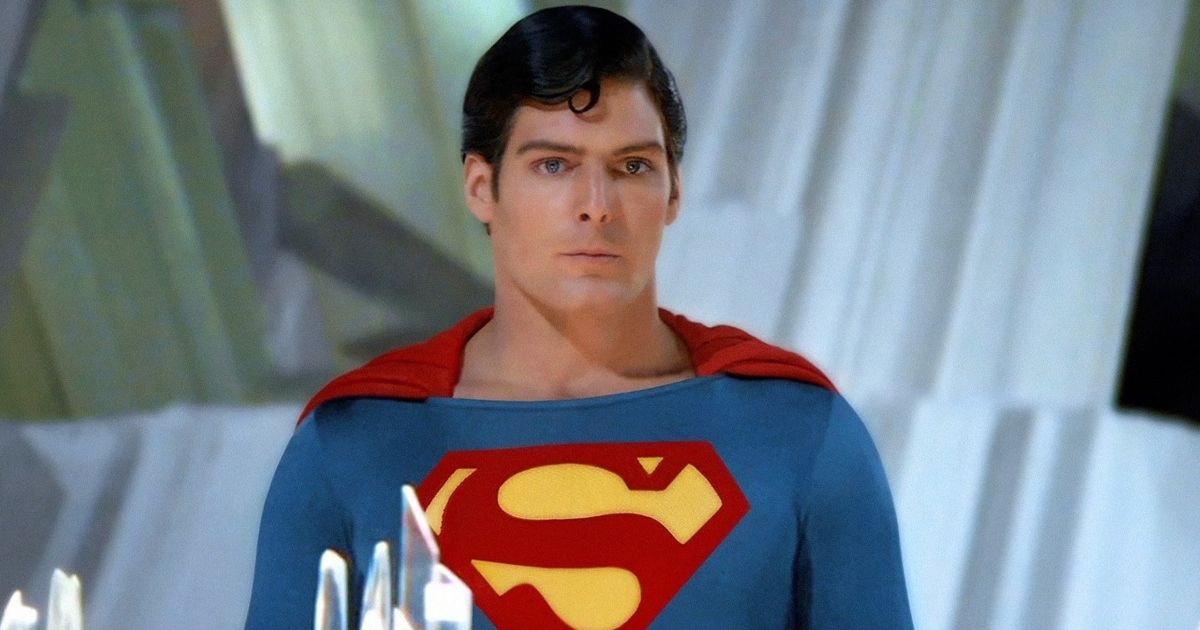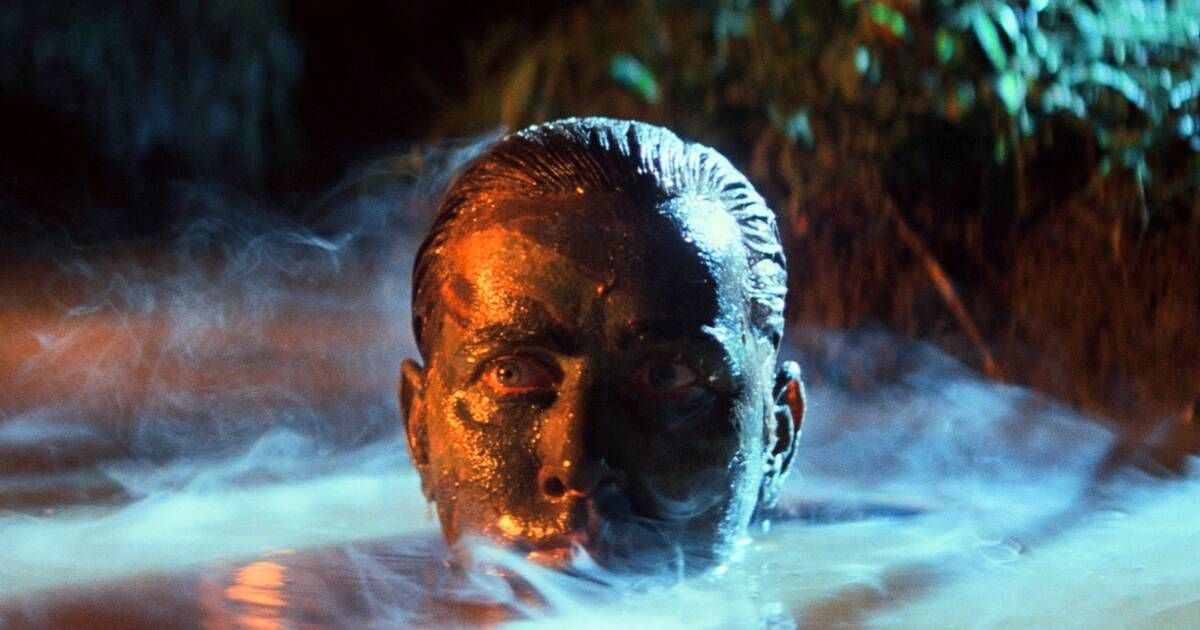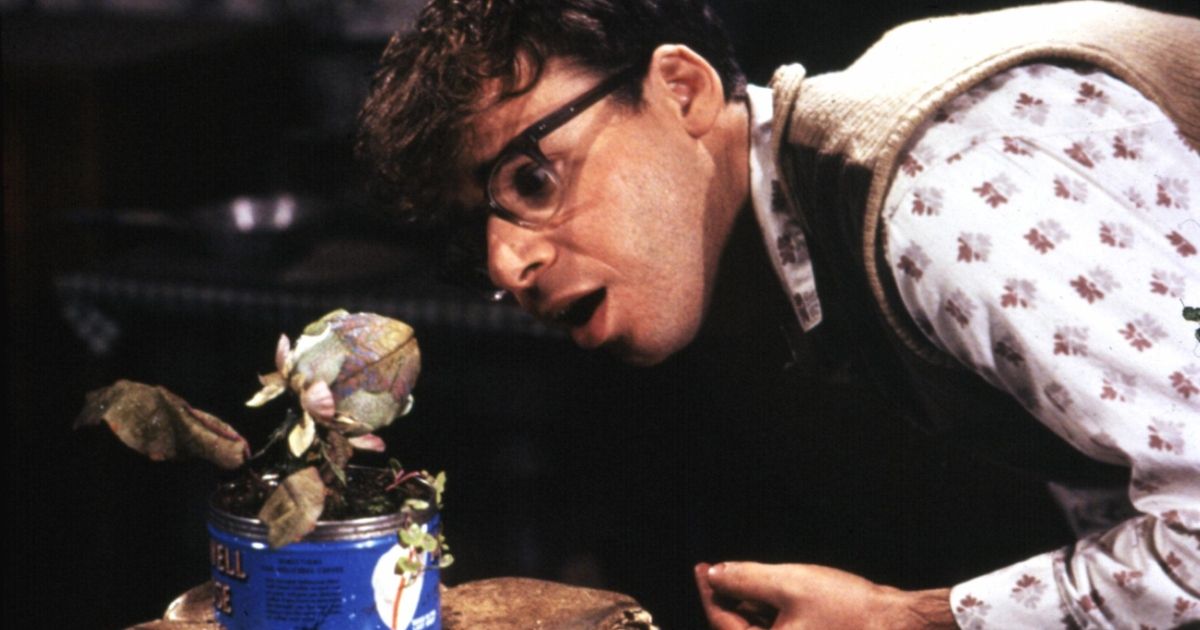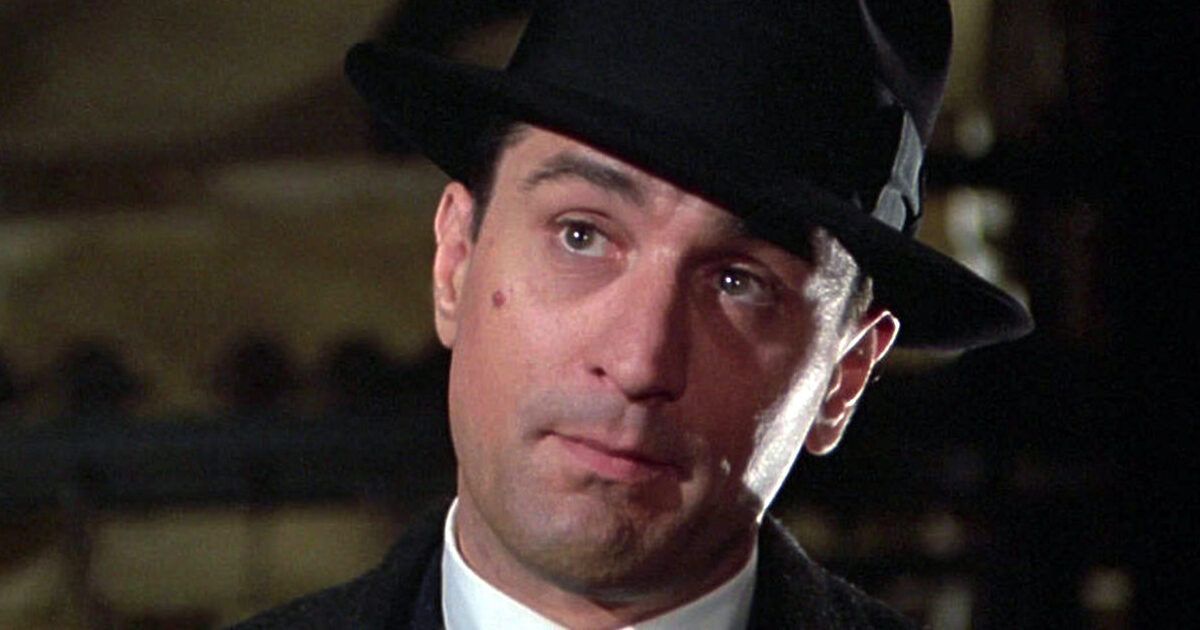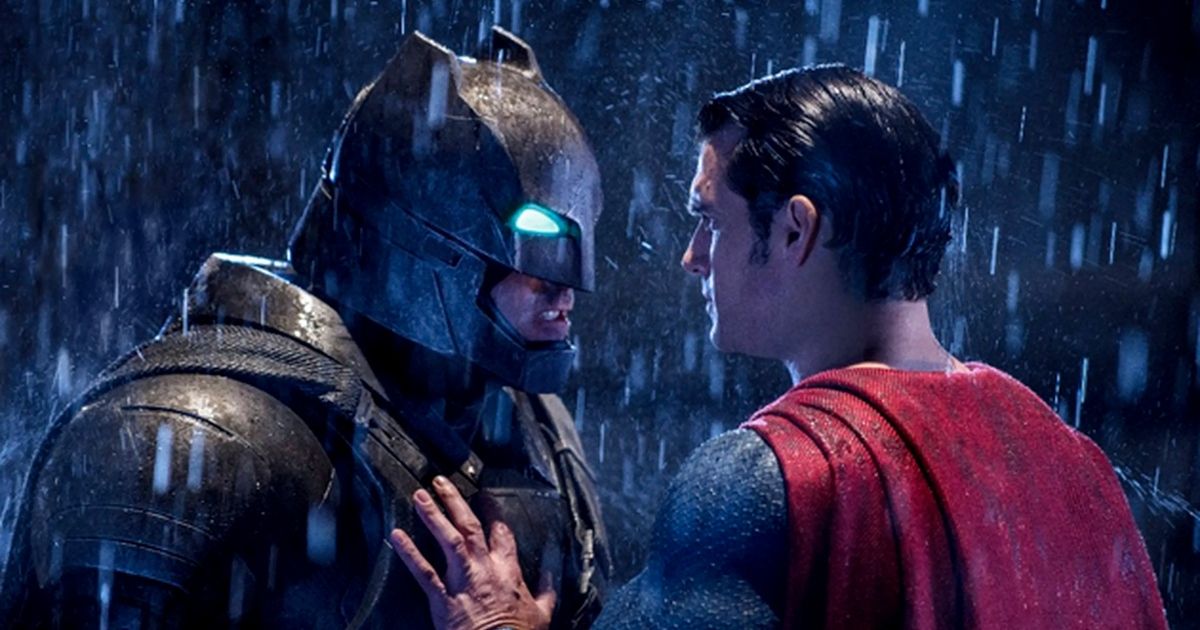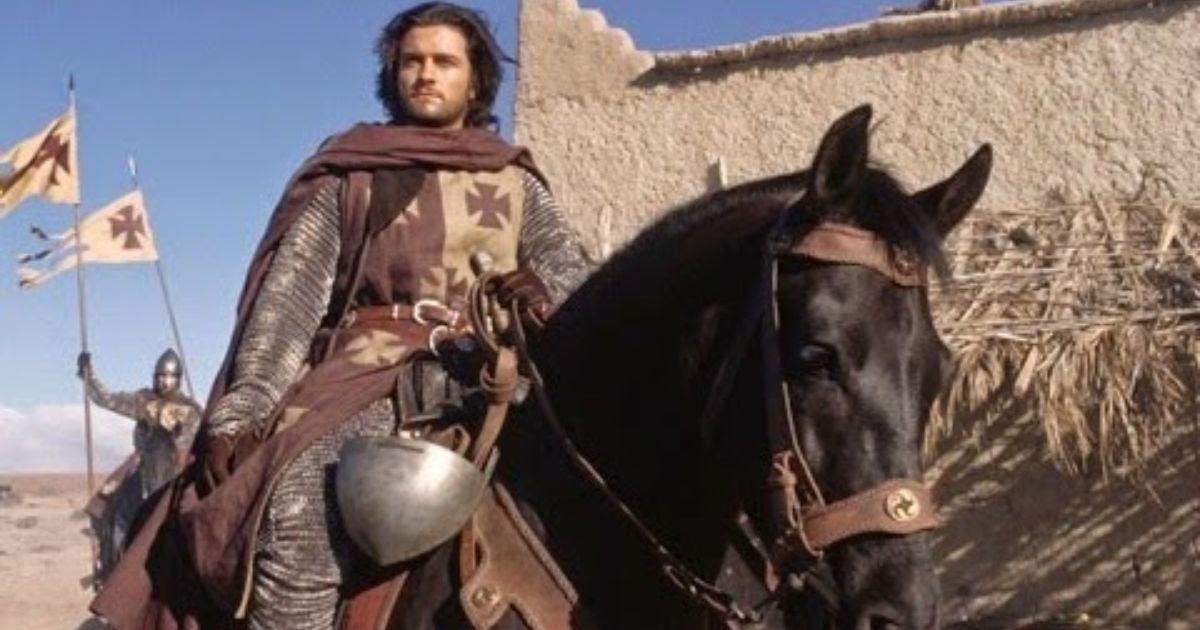Whether it's because of a tight budget or creative differences, sometimes a film doesn't turn out the way a director hopes. Shorter movies used to perform better at the box office due to attention spans and because a shorter film can be played more times per day at the movie theater. Although after blockbusters like Avengers: Endgame and Dune, more movies are trending toward longer run times; even the new The Batman had a four-hour test screening. Usually, a producer's demands for a shorter runtime or lower production costs beat out a director's ambition, though. While this benefits and improves many films, it's not uncommon for a director to release their version of the film for home viewing.
Most recently, fans campaigned for years for the release of the Snyder cut of Justice League after the film's disappointing theatrical release. The Snyder Cut famously altered the entire Justice League film in almost every way, including the structure and the characters (and even made it black and white). The whole movie has a more serious look than Joss Whedon's version. Of course, this was not the only director's cut to dramatically alter the film. Here are five movies with director cuts incredibly different from theatrical releases.
Updated on September 9th, 2023, by Evan Lewis: This article has been updated with additional content to keep the discussion fresh and relevant with even more information and new entries.
10 Aliens
James Cameron's Aliens was considered to be mind-blowingly good back in 1986, and it still manages to hold up to this day. With that being said, just because it is a director's cut does not mean it is the superior version. The theatrical release ultimately feels like a more thoughtful body of work, its story feeling more streamlined and understandable. In its 17 added minutes, the director's cut gives us more backstory and character-driven moments that we otherwise would not have seen.
There is also more of a mystery because certain discoveries are held back longer than they were originally. Watching either is worth anyone's time, but the special edition may scratch a newfound itch for people who have yet to see the new content.
9 Watchmen
Zack Snyder did the ultra-long "real" version of one of his films thing before Justice League. There are two alternate versions of Watchmen: the Director's Cut; 186 minutes long, and the Ultimate Cut; 215 minutes long. Focusing mostly on the director's cut, the new runtime is thanks to a deeper dive into the backstories of the characters and more context to their motivations. It's more like the graphic novel and is often the version people recommend to watch for that reason.
The Ultimate Cut takes things a step further, incorporating an animated version of Tales of the Black Freighter (this universe's comics centered around the supernatural, rather than heroes); it is supposed to be a reflection of Ozymandias' character arc and works as a form of foreshadowing. The graphic novel was seen as unadaptable for a long time, but somehow, Snyder managed to pull it off for the most part.
8 Daredevil
No, we are not talking about the critically acclaimed Netflix series. Daredevil made his live-action debut in 2003 with Ben Affleck taking the helm of the titular anti-hero. This film did okay at the box office; $179.2 million on a $78 million budget.
Its numbers were nothing revolutionary, though, and instead of uplifting Daredevil, the actual content of the film turned most people off from the character. The R-rated director's cut can remedy some of the criticisms with its 30 minutes of additional footage. It has more intention, and the darker tone is fitting for Daredevil. Murdock's legal career also feels much more connected to the story in this version. It is not perfect by any means, because you cannot erase all the bad parts, but it is still a huge improvement from the original.
7 The Abyss
Before he set the majority of his focus on the Avatar franchise, James Cameron dabbled in science-fiction and underwater thrills with The Abyss in 1989. The theatrical release was pretty good, and the drama of being stuck beneath the ocean blue was enough to score the film four Academy Award nominations.
With that being said, the extended cut adds a lot more depth and character development to an already serviceable narrative. The notable extra scenes set the Cold War as a backdrop and add some more motivation to the character's actions. However, the main difference would have to be the extended cut's ending, where the antagonist aliens send megatsunamis capable of mass extinction across the planet, but they are stopped just before causing damage.
6 Superman II
Superman has a history of directors leaving or being replaced halfway through the film's production. Superman II started under the direction of Richard Donner, but his vision for the movie was very costly. When the film became too expensive for his superiors to stand, he was replaced by Richard Lester, who re-shot almost the whole film.
Even for the director's cut, Donner didn't get the chance to film everything he wanted to, so the film didn't feel like a movie as much as a rough cut. In Donner's version, Lois Lane figures out Superman's secret identity from the very beginning by shooting blank rounds at Clark Kent. The movie also better explains why and how Superman gives up his powers. Donner also changes aspects of the villains' story-- Lex Luther is given more screen time, and Zod's minions are given new (though ridiculous) powers in the final fight scene.
5 Apocalypse Now
Some would say that Apocalypse Now is one of the best movies of all time, one of the most chilling non-horror films made, and myriad of other high praises regarding the Francis Ford Coppola masterpiece.
What casual fans might not know is there is a more definitive edition of the film with almost an hour of extra footage to further flesh it out, and provide a viscerally unique viewing experience. Apocalypse Now Redux, released in 2001 decades after the original, is Coppola's intended vision, and significantly different in many ways. Some argued that the 3-hour odyssey is far too much, and slows down the film in a way that makes it feel inferior, but that would just depend on personal preference when it comes to films that are slow-paced and radically long in runtime.
4 Little Shop of Horrors
Some people love it, and some people can't get over how weird it is. Little Shop of Horrors tells the story of an alien that looks oddly like a Venus fly trap. It is the kind of movie that doesn't take itself seriously and becomes increasingly colorful as it goes on. In a hodgepodge of genre tropes, this film (one of the few remakes that improves on the original) combines horror with comedy and musicals with science fiction.
The director's version of the film didn't hold anything back. Instead of the happy ending of the theatrical release, the director's cut sees the alien take over the world. In the final musical number "Don't Feed the Plants," the homicidal flytrap calls on his friends from outer space, and they all come crashing into buildings and destroying the Earth. Some people find this hilarious ending more in keeping with the weirdness and theme of the film and find it delightful to see director Frank Oz, the famous Muppeteer, get so nihilistic. However, test audiences didn't appreciate its sudden cynicism, and the producers changed the theatrical ending to the fairytale-like one we know now.
3 Once Upon a Time in America
Once Upon a Time in America follows the story of David Aaronson as he attempts to enter society as a "self-made" man after earning a fortune bootlegging. According to Empire, Sergio Leon cut the film from its 269-minute original version into a 139-minute version. While the resulting film was much more chronological and efficient, some of the movie's best moments were cut because they were unessential to the basic plot. The movie did not perform well at the American box office.
Thankfully, in 2012, the director's lengthy 251-minute version was released for home viewing. With all the backstory brought back, the intended depth of the film returned. The movie is widely praised as one of the best crime movies ever made, having everything from suspense and gore to epic cinematography and insightful characters. The extra time was needed to tell this story right and give space for character development, but this version of the film is lesser known, probably in part because of its daunting length.
2 Batman vs. Superman: Dawn of Justice
Most people agree that Batman vs. Superman was a disappointment; it has a Rotten Tomatoes score of 27%, after all. Zack Snyder's cynical view of the main characters and the back-to-back action sequences gave little room for character development or real plot. However, half of those concerns were solved in the director's cut.
With an extra 30 minutes, Snyder managed to fill in most of the plot holes and give the characters stronger motivations. Lex Luther's evil genius shines through as his behind-the-scenes planning and calculating becomes more obvious. Hardcore fans may still disagree with Snyder's portrayal of the DCEU's most beloved characters, but at least the director's cut of the movie has a much more compelling storyline.
1 Kingdom of Heaven
Here is another film that did not perform well at its initial release. Ridley Scott's Kingdom of Heaven wasn't terrible, but it lacked the depth to become a real blockbuster. The theatrical version did not perform well at the box office. With a budget of $130 million, it only earned back $47 million domestically. According to Collider, the DVD boom in the early 2000s saved this movie. Scott released his intended version of the film on DVD for home viewing, one with an extra hour added to the runtime, and the world's opinion of the film dramatically improved.
This new iteration fundamentally changed the characters by taking the time to build them and their relationships, The main character is kept on his heels as he faces one unexpected challenge after another, and the story becomes less about a larger-than-life hero, and more about a relatable person grappling with loss. Ridley Scott is not a stranger to re-shaping a film in a director's cut (as Blade Runner can attest to), and this director's cut adds all the depth that the original film lacked, showing that, in the effort to make a hit, studios, and producers sometimes do the exact opposite.

